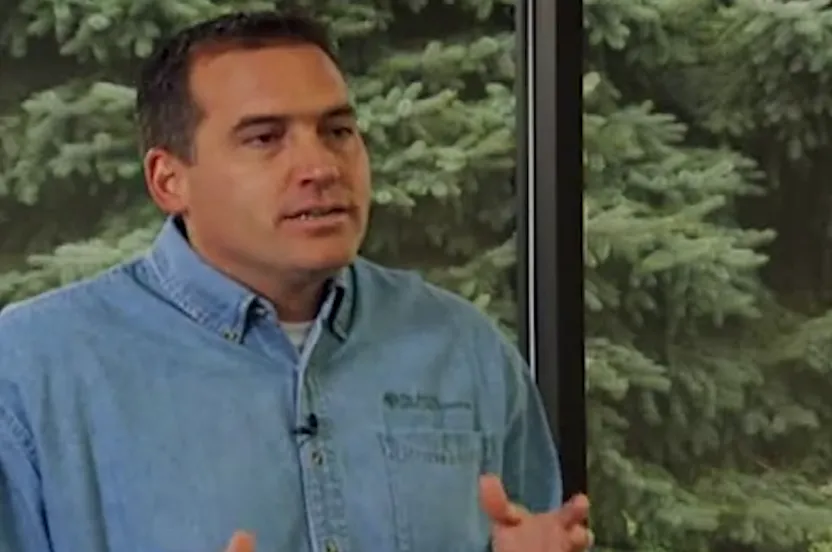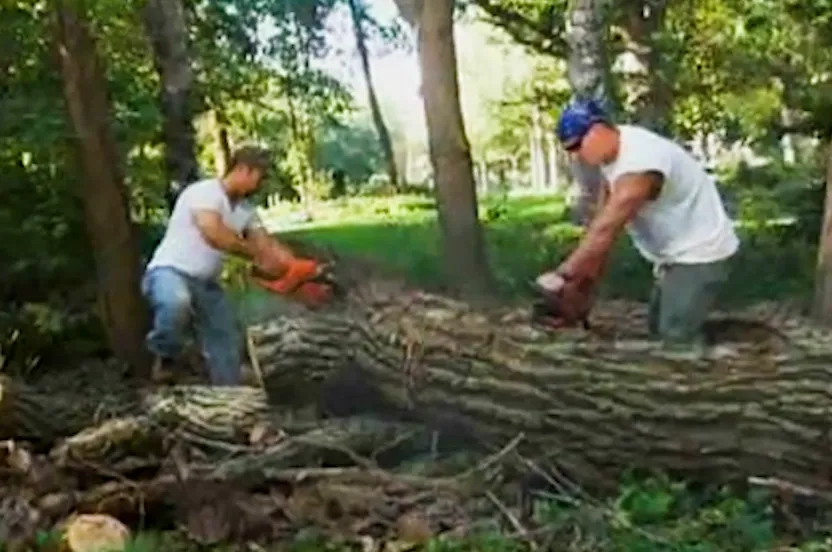The Arbor Day Foundation is pledging 10 million trees to areas impacted by hurricanes Helene, Milton Help us replant
Tree Recovery Tips
Here are important tips for handling trees on your own property.
Don't panic
If a tree is not an immediate hazard, it is usually fine to wait a few weeks or months before making your final decision.
Watch out for scam artists
After a storm, it is common for people claiming to be tree specialists to show up at your door offering services. Unfortunately, many of these individuals have little to no training and are simply out to make a quick profit. Legitimate arborists rarely go door-to-door.
Seek professionals
Find an arborist certified by the International Society of Arboriculture.
Follow best practices
If you decide to care for a damaged tree yourself, be sure to follow proper safety precautions and best practices.
Prepare trees for future storms
With proper care, much of the worst damage to trees and property can be prevented.

Evaluating Tree Health After a Storm
Assessing damage and providing needed care to community trees is central to effective long-term disaster recovery. Ask yourself if the tree is a keeper, worth the wait, or if it's time to say goodbye:
- It's a keeper: Though major limbs may be broken or damaged, frequently the tree looks worse than it really is.
- It's worth the wait: If a tree appears to be a borderline case, don’t simply cut itdown. It’s best to give the tree a chance.
- It's time to say goodbye: Some trees simply can’t be saved or are not worth saving.



